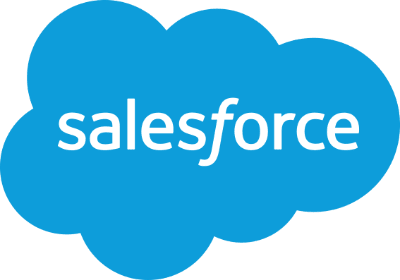
The Role of Big Pharma in Consumer Healthcare



A recent trend has emerged for large pharmaceutical companies to separate out their consumer health arms.
Merck, Sanofi, Pfizer and GSK have all taken this approach, and research suggests others will follow. They stand to benefit from the significant sums generated in the divestment as well as the ability to focus on their core biopharma and vaccine lines. The newly created consumer health businesses are released from much regulation and have the freedom to develop business models and supply chains that suit a more brand-focused consumer business. Alongside this, they are able to take a new approach to technology and digital to increase their competitiveness in the market.
This free webinar, hosted by the Financial Times in partnership with Cognizant and Salesforce, explored why pharma companies are choosing to spin off their consumer health businesses, how this benefits the existing and newly formed entities, the challenges faced, as well as the impact these moves might have on the broader market including pharma, consumer health and retail.
Divestment Trends
What is driving the trend for big pharmaceutical companies to divest their consumer health arms?
Market Opportunities
What are the operational and market opportunities for these newly created entities and how can they best be harnessed?
Skills and Talent
As these companies become more like consumer goods firms, how do their skills and talent requirements change?
Market Relations
How might these moves impact the market and the relationship between manufacturers and retail?
Future Growth
Which areas, beyond OTC medicines, might drive future growth for these consumer health businesses?
Upcoming Events
We’re Here To Help
© Financial Times Live
FT Live and its journalism are subject to a self-regulation regime under the FT Editorial Code of Practice

